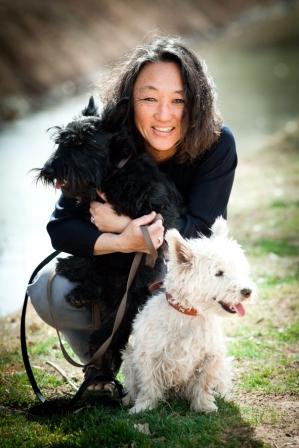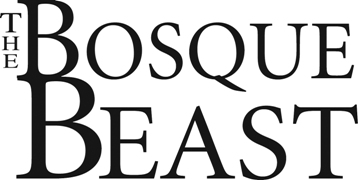For Humans, Animals Are All About Us

While investigating the controversy over raw-meat diets for pets (page 8), I was struck by how little the arguments have to do, ultimately, with the pets themselves. The sustainable-living crowd predictably swears that their animals have been cured of everything from lameness to depression by eating “what nature intended.” Rationalists predictably haul out studies and data proving that raw food for pets is poison.
No one can ask the animals themselves, and we wouldn’t accept their input anyway, since animal intelligence about survival is not rational or intuitive, but some other kind of inner command. Health and well-being are not their concerns, but ours, defined by us according to what we value. Would my dogs choose “health” over eating rotten road-kill rabbit? No. Because choice is something only humans can be said to have.
This makes the task of choosing rightly for our pets an enigma wrapped in a mystery. While we humans pride ourselves on understanding everything about the world, we forget that all this knowledge still fits within the confines of human understanding. What is it, then, to smell what a dog smells, see what a bird sees, hunt as a lion? Confronted with knowledge it cannot understand, science simply dismisses it all as “instinct” and moves on.
Yet our lingering discomfort about this unknowable intelligence surely explains why we are trained from an early age to overlook, deny, dismiss, and discount it. As children we are introduced to animals as stuffed toys, cartoons, comedians at the marine park, expressing human thoughts in human voices. Science-minded as we are, we still grow up thinking of animals as underdeveloped people—which is why we baby-talk to them.
In other words, anthropomorphizing isn’t just a flaw in scientific understanding; it’s all we know how to do. This leads us to make assumptions about animals that would be comical if not so common to our individual cultures. In Ecuador, for example, where my husband and I traveled recently, pure-bred dogs have become fashionable for upper-middle-class urbanites, who treat pets as family members rather than as vermin or livestock. On Sundays, well-heeled residents fill the cobblestone streets of Quito’s Old City with their pooches dressed ears-to-tail in outfits, even though the temperature hovers above 70 degrees. The sure sign of a cherished family dog is that the creature need never walk, but gets carried around.
My dogs would consider such pampering an unjust form of torture. But it is clear from the faces of their proud owners that this dog display is meant to convey the utmost love and care—which dogs, unique among animals, feel and appreciate in all the weird ways their humans express it.
Most other creatures do not respond to us in ways that we can understand. And since humans no longer hunt animals, compete with them, learn from them, or depend on them, the only relationship left to us is to care for them. Look around—growing numbers of us desperately need animals as a way to express our care for the world, because we fear the world is being destroyed for want of care.
But do animals need us? The answer remains as unanswerable as ever, especially for a human. For the modern human is defined by an inability to set aside all the projections and explanations about other beings—be they empirical or intuitive—and just feel for a moment how vast the universe of awareness that we can never enter.
